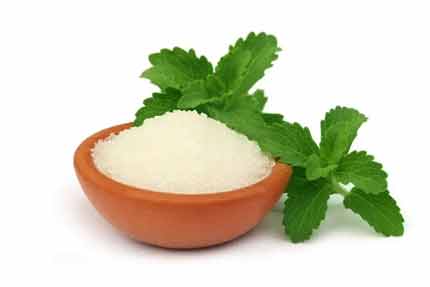Erythritol is what?

Erythritol is a natural sugar alcohol that is often used as a sweetener in sugar-free foods.
Like all sugar alcohols, it is lower in sweetness and calories than sucrose, and doesn’t cause tooth decay.
Gum and candies made with erythritol have more health benefits than sucrose.
Despite a similar taste, it is only 70% as sweet as sucrose and has almost no calories.
The U.S. Food and Drug Administration requires erythritol to be labeled as 0.2 calories per gram.
Due to its low sweetness, erythritol is often used in food production along with an artificial sweetener;
This artificial sweetener can make food sweeter, and sugar alcohols can mask the unpleasant aftertaste of artificial sweeteners.
While most sugar alcohols can cause gastrointestinal side effects such as diarrhea and bloating when ingested in large amounts, it does not, as it is absorbed by the bloodstream in the small intestine and excreted in the urine.
Despite the laxative effects of eating too much erythritol, this amount is well above the normal intake for the average person, making it difficult to reach.
Like other sugar alcohols, it has a cooling effect when dissolved in water.
This enhances the taste of things like mint gum.
When it is mixed with butter or cocoa butter, this cooling effect creates a waxy texture.
Another potential problem with it is that it doesn’t absorb water, so it can cause baked goods that contain this sugar to dry out too quickly.
In addition, it has a tendency to crystallize.
It is often used in combination with other ingredients to better mimic the taste, texture and other properties of sucrose.
For example, inulin, a naturally occurring carbohydrate in plants that is often used as a sucrose and fat substitute, is often mixed with erythritol in processed foods.
Inulin mixed with water has a thermal effect, thus counteracting the cooling effect of erythritol.
In addition, two other sugar alcohols, isomalt and glycerol, can also be used in combination with erythritol.
- Previous Article: Tremella extract of Beauty benefits
- Next Article: Yucca Extract Functional
